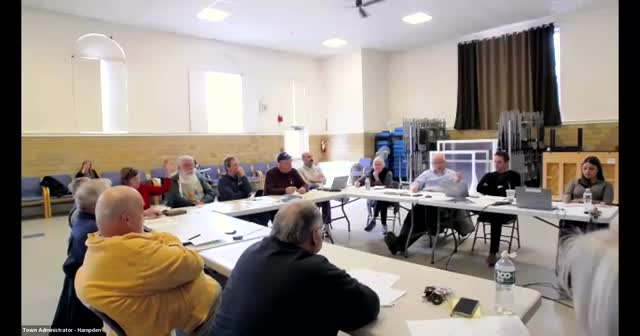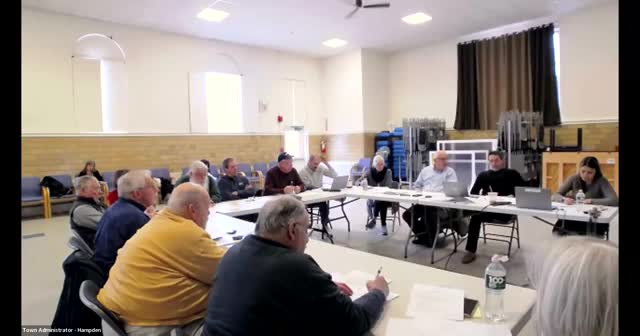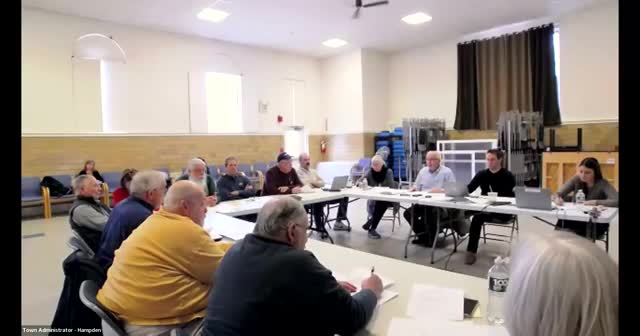Article not found
This article is no longer available. But don't worry—we've gathered other articles that discuss the same topic.

Select Board raises concerns over draft regional agreement and who will pay for Wilburham Middle School improvements

Select Board refines timetable, costs and security plans for move to TWB; seeks final estimates before town meeting

